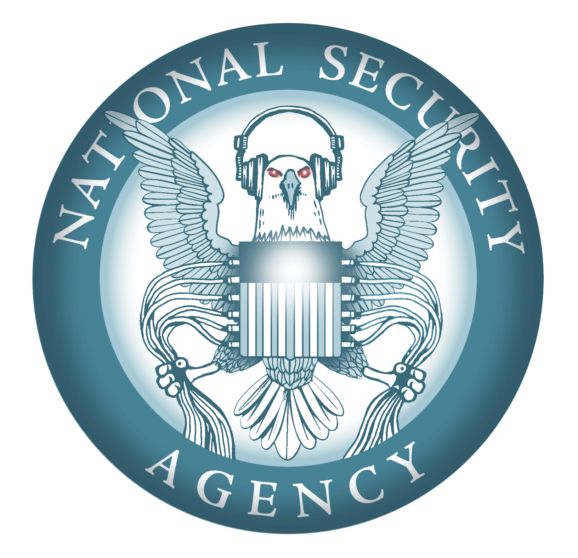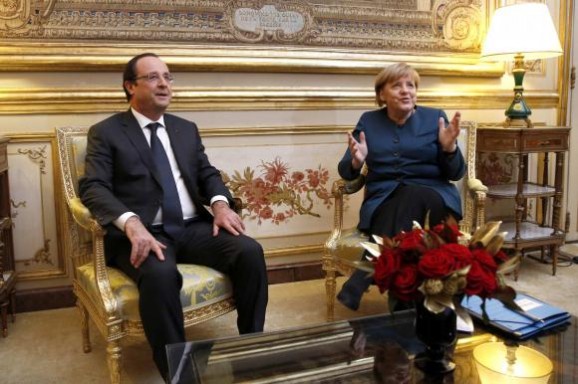Europe Wants Its Own Internet
This article is more than 2 years old
 Can you blame them? Given the endless revelations emerging from Edward Snowden’s busting of the NSA and their various and insidious spy tactics, Europe doesn’t want its information to be subject to the prying eyes of U.S. spies. Since not much deters the NSA, it seems that the only way to do that is to construct a new, Euro-specific data network.
Can you blame them? Given the endless revelations emerging from Edward Snowden’s busting of the NSA and their various and insidious spy tactics, Europe doesn’t want its information to be subject to the prying eyes of U.S. spies. Since not much deters the NSA, it seems that the only way to do that is to construct a new, Euro-specific data network.
German Chancellor Angela Merkel is meeting with French President Francois Hollande today to discuss the possibility. The two will discuss companies and suppliers in Europe that have the ability to keep their citizens’ private information private — or at least, not subject to U.S. surveillance. But building an entirely new communications network for Europe is a pretty daunting task.
This would mean European-specific versions of search engines, email programs, and other social media. But beyond that, it would mean that all the information would be hosted on European servers and would use a Europe-only area network. It would take a long time to build out that kind of infrastructure, but if the result is closing the door on the U.S., then perhaps the effort would be worth it.

It makes sense that Merkel would help lead the charge toward escaping the NSA’s clutches, given allegations that the NSA tapped her Blackberry. Obama denied the allegation, but German intelligence apparently found enough credible information to support the notion that the U.S. had been monitoring Merkel’s phone for years. Similarly, Obama called up Francois Hollande at around the same time, denying reports that alleged the U.S. had recorded about 70 million French phone conversations in late 2012.
Recently, the European Union Agency for Fundamental Rights, the Council of Europe, and the Registry of the European Court of Human Rights issued a new handbook of recommendations for European data protection laws. The handbook isn’t binding, seeking instead to “raise awareness and improve knowledge of data protection rules in European Union and Council of Europe member states,” but Angela Merkel is attempting to make those recommendations law.
Ironically, one of Merkel’s press conferences was interrupted by a drone sent to symbolize Germany’s own invasions of privacy. In fact, France, Germany, and Sweden all have pretty massive surveillance programs, and France is planning on buying a bunch of drones to conduct surveillance on its own citizens, not just on potential military targets. The Pirate Party, a political party that opposes government restrictions on the internet, is active in both Sweden and Germany. The German Pirate Party NSA issues coordinator believes that a European communication network wouldn’t eliminate surveillance, given that much of the collection of data happens within countries such as Germany, and urges a more widespread reform for data protection. In fact, he suggests that Germany should grant Snowden asylum, protect him, and get him to leak more documents. I don’t think that will happen, but that sure would be interesting — and think of all the traffic the European internet would get!












